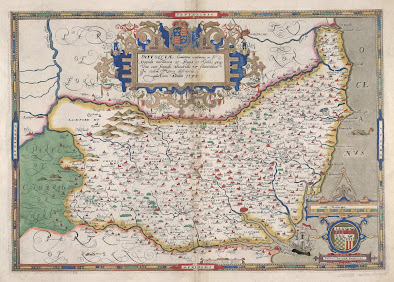Keeping the historical record and its historiography accurate Almost a decade ago, in May, 2014, I was able to go to Trinity Hall in the University of Cambridge to hear John Walter of the University of Essex reflect on the development of his career from his time as an undergraduate in Cambridge, his period at the University of Pennsylvania and, subsequently, as an academic historian on the University of Essex’s campus in Wivenhoe. It was a privilege to be there and to hear him discuss the work of historians who had influenced him as well as the intellectual trajectory of his own studies. One thing, however, did strike me very forcibly on that occasion, namely, that no measures had been taken to record what he had said. That was a misfortune and a loss to future historians. Since then, largely as a result of the deeply regrettable impact of the Coronavirus pandemic, many universities have adopted the practice of allowing their seminars to be accessible via the internet. I can sit...
